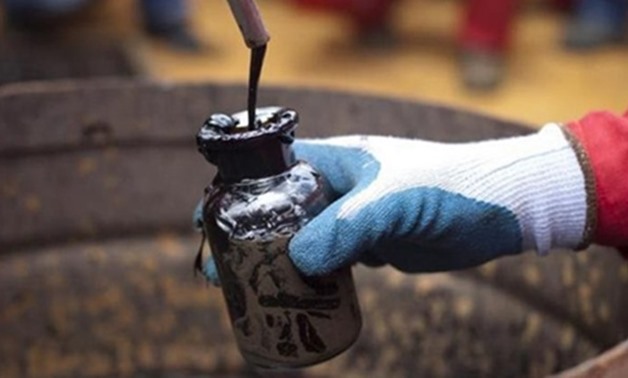
Crude oil- Reuters
CAIRO - 13 November 2017: As Brent prices rose to $64.65 per barrel last week, reaching the highest level since June 2015, the Egyptian government is expected to put forward plans should international oil prices continue to increase.
In that case, the Egyptian government would be prompted to increase its allocations for petroleum subsidies as it calculated the international Brent prices in the current state budget at $55 per barrel. Based on this price, subsidies were put at LE 110 billion in fiscal year 2017/2018.
Minister of Finance Amr el-Garhy said in a televised interview Saturday that the government is closely monitoring the international market to see at which rate oil prices tend to stabilize.
Garhy explained that the rise in prices is affected by news that members of the Organization of the Petroleum Exporting Countries (OPEC) will extend their agreement to cut production until the end of 2018 during the next OPEC meeting on November 30.
"Also the tensions between Iraqi and Kursish armed forces have affected West Texas Intermediate (WTI) and Brent prices," Garhy added. WTI is a grade of crude oil used as a benchmark in oil pricing.
The impact, however, might not be big as Egypt receives monthly shipments of refined petroleum products from Saudi Arabian state oil company Aramco, petroleum expert and former chairman of Khalda Petroleum Company Ibrahim Zahran told Egypt Today.
"As long as the payment of these shipments is not on a monthly basis, the impact of international oil prices will not be significant for Egypt," Zahran said.
In April 2016, Saudi Arabia agreed to provide Egypt with 700,000 tons of petroleum products a month for five years, which will be paid by the Saudi Fund for Development (SFD) to Aramco and will be eventually returned by Egypt in installments.
The shipments were halted in October 2016 for some six months, until Saudi Arabia announced last March that shipments will resume.
This is not the first time international oil prices put Egypt in a difficult situation. Last fiscal year, the unexpected rise in Brent prices had put the Egyptian Ministry of Petroleum in a tight situation. It had to request additional allocations from the Ministry of Finance in order to meet its needs.
In fiscal year 2016/2017 budget, fuel subsidies were set at LE 35 billion based on the then Brent prices of $40 per barrel. But with that price increasing to above $50, the Petroleum Ministry exceeded its allocations, spending between LE 75-80 billion on the subsidies.
The deficit was exacerbated by the flotation of the Egyptian pound in November 2016, doubling the U.S. dollar exchange rate from LE 8.88 per dollar to the current average rate of LE 17.60.
Egypt's government is targeting to boost its daily production of crude oil and condensates to 36 million tons.

Comments
Leave a Comment